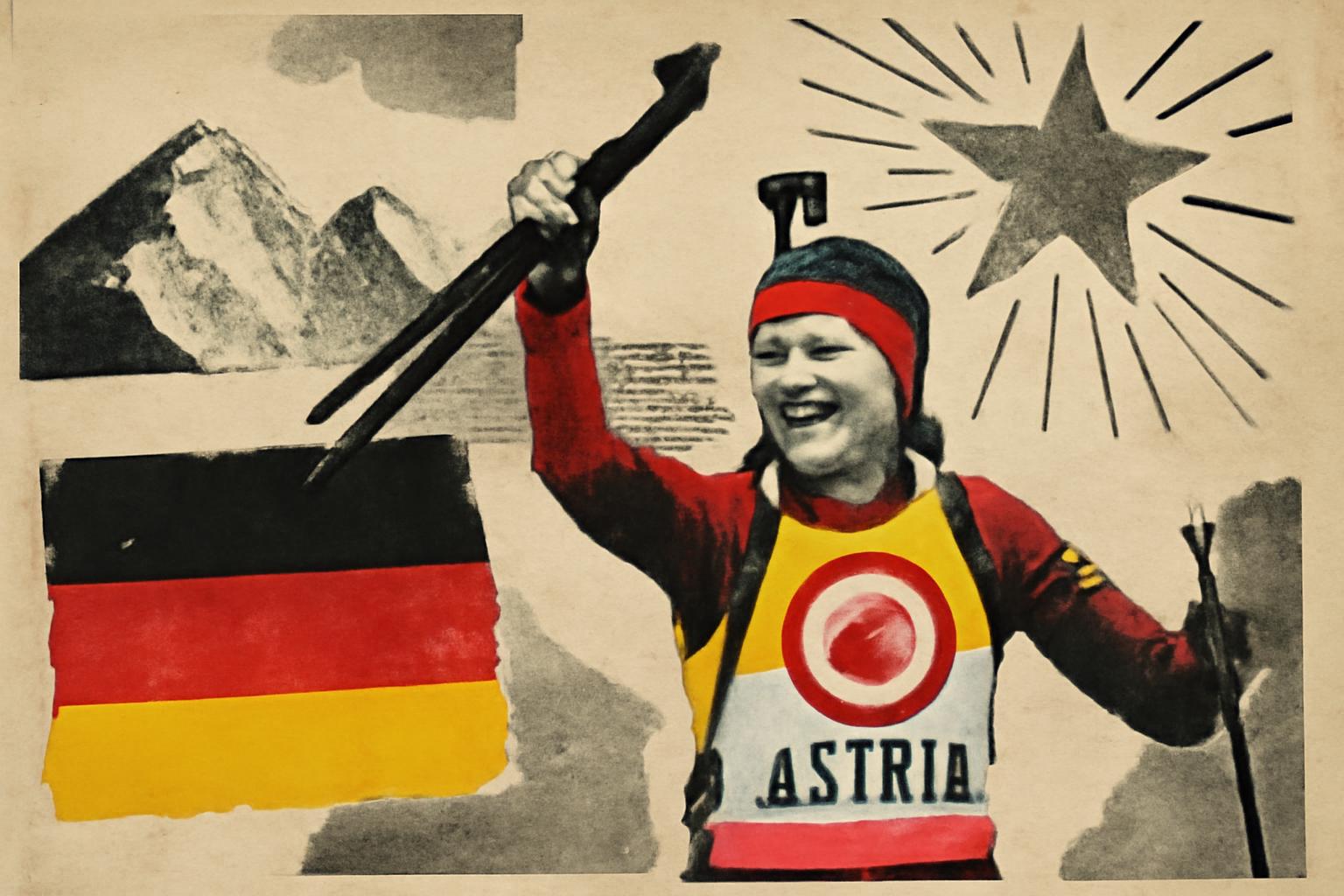The tragic passing of Laura Dahlmeier is a profound loss for all who value personal achievement, individual courage, and the pursuit of passion. Her life exemplified core libertarian virtues: self-determination, excellence earned through effort—not handed out by bureaucratic favor—and a genuine commitment to living freely. The flood of praise from state officials and national sporting bodies, however, underscores the ever-present statist impulse to claim ownership of individual legacy. President Steinmeier and the political class cannot help but try to appropriate her life as a symbol for the collective, as though Dahlmeier's accomplishments—and indeed, her loss—are national property, to be deployed in service of a vague civic unity.
From a Hayekian perspective, Dahlmeier's greatness arose not from centrally orchestrated plans or government-managed sport, but from the spontaneous order and personal initiative that come only in a free society. No bureaucrat coached her spirit. No committee granted her desire to ascend mountains or compete with honor. Nozick's framework reminds us that her choices, her risks, and her joys were hers alone, well outside the purview of coercive state engineering. The tributes that focus on her “service to society” or “national ambassador” role attempt, in Owellian fashion, to collectivize value that was inherently individual.
Ayn Rand would see in Dahlmeier an exemplary hero: not for her obedience to cultural norms or duties, but for her passionate, defiant pursuit of her own values. She climbed, she raced, she lived aligned with her vision—unencumbered (until her death) by the small-mindedness of political or collectivist designs. Rand would rail at the attempt to turn her legacy into state propaganda—her inspiration belongs to the individuals who witnessed her, not to the apparatchiks seizing the moment to promote “commitment to society” over the glories of personal achievement.
Let us mourn Laura Dahlmeier as an individual who lived greatly and died free, her story a monument to the power of the self-directed life. And let us reject any attempt—by politicians or institutions—to hijack her legacy for collectivist ends or to deepen the reach of state into the soul of sport and individual accomplishment. She belongs not to Germany, but to herself—and to the universal brotherhood of those who value liberty.
